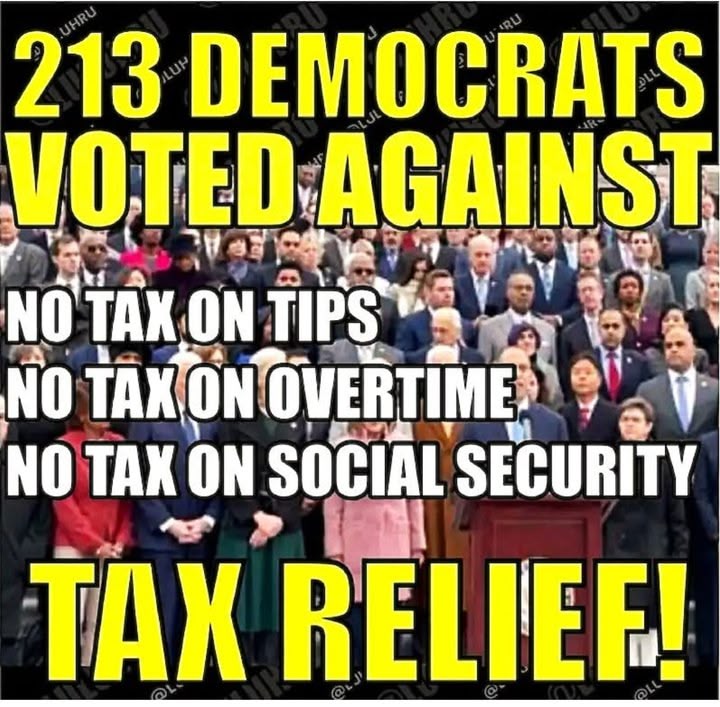This page is a permanent link to the reply below and its nested replies. See all post replies »
SatanBurger · 36-40, F
Just for perspective:
Fiscal Responsibility / Budget Concerns
Removing the tax without replacing the lost revenue would drain funds from:
The Social Security Trust Fund (federal level)
The state budget (state level like in Minnesota)
Many Democrats opposed a full repeal because:
1. It would create a multi-billion dollar budget hole
That shortfall might be used to justify future cuts to Social Security or Medicare
They didn’t want a tax break for wealthier seniors to lead to reduced benefits for lower-income retirees
2. Targeting Relief More Fairly
Most proposals to repeal the Social Security tax benefit higher-income retirees more, because:
Lower-income seniors already pay little to no tax on Social Security
Some Democrats supported a means-tested approach:
“Let’s cut taxes only for seniors who need it most—not the wealthy.”
3. Political Strategy
Some Democrats believed that Republicans were using the issue as a wedge—pushing an unfunded repeal to:
Force Democrats to look like they “voted against seniors”
Avoid raising taxes on the wealthy or corporations to offset the cost
4. Support for Alternative Proposals
In several cases, Democrats did offer their own bills to:
Reduce or phase out the tax more gradually
Protect low- and middle-income seniors
Ensure Social Security solvency with offsetting revenue sources
But those bills were often blocked by Republicans or not brought to the floor.
So to sum up:
It wasn’t about taxing Social Security out of spite. It was about how to do it responsibly, without gutting programs or giving giveaways to the top income brackets.
Fiscal Responsibility / Budget Concerns
Removing the tax without replacing the lost revenue would drain funds from:
The Social Security Trust Fund (federal level)
The state budget (state level like in Minnesota)
Many Democrats opposed a full repeal because:
1. It would create a multi-billion dollar budget hole
That shortfall might be used to justify future cuts to Social Security or Medicare
They didn’t want a tax break for wealthier seniors to lead to reduced benefits for lower-income retirees
2. Targeting Relief More Fairly
Most proposals to repeal the Social Security tax benefit higher-income retirees more, because:
Lower-income seniors already pay little to no tax on Social Security
Some Democrats supported a means-tested approach:
“Let’s cut taxes only for seniors who need it most—not the wealthy.”
3. Political Strategy
Some Democrats believed that Republicans were using the issue as a wedge—pushing an unfunded repeal to:
Force Democrats to look like they “voted against seniors”
Avoid raising taxes on the wealthy or corporations to offset the cost
4. Support for Alternative Proposals
In several cases, Democrats did offer their own bills to:
Reduce or phase out the tax more gradually
Protect low- and middle-income seniors
Ensure Social Security solvency with offsetting revenue sources
But those bills were often blocked by Republicans or not brought to the floor.
So to sum up:
It wasn’t about taxing Social Security out of spite. It was about how to do it responsibly, without gutting programs or giving giveaways to the top income brackets.





